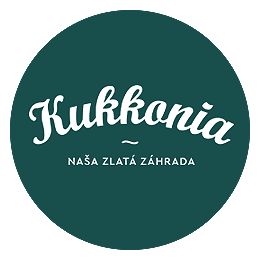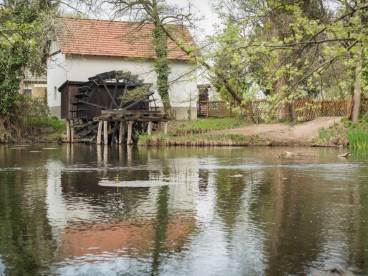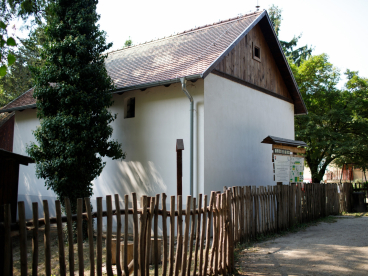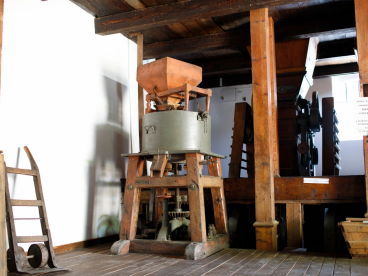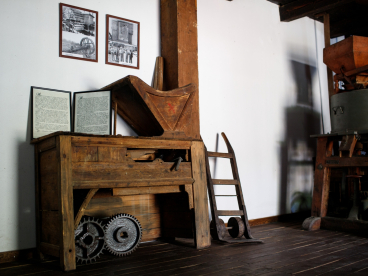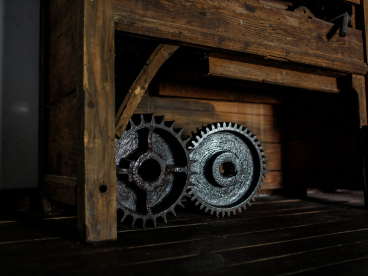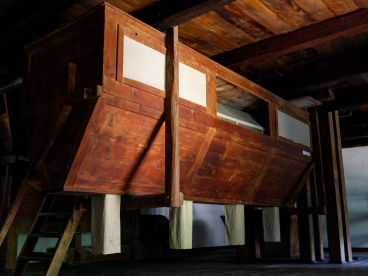“There is no better life than ours,
Us water-miller lads…”
The millers of Szap sang this song a good hundred years ago. In those days milling was a highly respected trade. The waters of the Golden Garden were enriched, in addition to the fish, by various water mills. The Danube’s waters were put to use by humans, today, however, there are hardly any signs left of this once thriving industry.
There were several kinds of mills in Csallóköz. The mills of dry land were driven by animals or humans, while the waters of the island drove the water mills. It is interesting that settlements such as Kislúcs, Dercsika, or Kisudvarnok had water mills. But there is no trace of them today. A type of water mill along the Danube was one with posts. An indispensable condition for the settlements was a constant channel, the banks that were not chopped up by water, and the least amount of fluctuation in the water level. In addition to the Cséfalvay mill of Tőkés, this kind of mill can be found in Tallós and Jóka. The other type of water-mill was the boat mill, which was far more widespread in Csallóköz. It could be floated depending on the water level to various places, these mills wandered together with the currents. A reconstructed example of a boat mill that once functioned on the Great Danube can be seen today in Gúta.
Nevertheless, boat mills were also exposed to the arbitrary might of nature. The water-millers were particularly alert on Saint Andrew’s Day, that is, November 30. András, hazaláss! (Andrew, look to home) went the saying, which drew attention that it was time to haul the boat mills to shore before the arrival of the cold and ice. There was nothing else that could be done about the ice, nature took what it wanted. Another strophe of the winners of Szap’s song memorializes this:
The sky is bright with stars
My master is carried away by ice
His mill sinks, creaks, and is covered with dust
He grabs his hair.
The river regulation and boat traffic that began in the 19th century slowly drove back the boat mills as they impeded traffic. The reign of the water mills ended with the modern machines, the steam engine and electricity.


